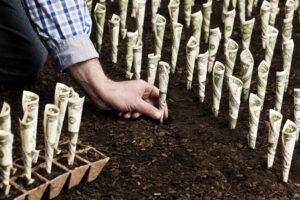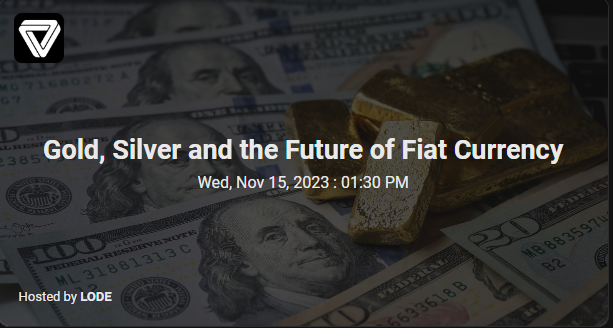One Economist Is Challenging How We Think Money Works
The comments below are an edited and abridged synopsis of an article by Peter Coy
What’s the difference between $100 in cash and $100 in a chequing account? Nothing—and everything. The two are the same in the sense that they’re equally spendable and convertible from one form to the other. But the paper bill in your hand is an obligation of the government, while the electronic entry is an I.O.U. from your bank. Their interchangeability at a rate of one to one is not a fact of nature but a social construct. So, not the same.
Now think about how money is created. Banks don’t need to wait for more deposits to arrive to make new loans. You go to your bank for a loan. The bank says OK. It goes into its computer and marks up your chequing account by the amount you borrowed.
The more you think about money, the weirder it starts to feel. The government’s money used to be backed by real stuff like gold and silver. Now, paper money is backed by nothing more than fiat—a declaration by the government that it is legal tender. Surprisingly enough, everybody kind of goes along with that.
Money is a measure of transactability, not value. In prison, mere scrip can serve as currency. Conversely, real estate is valuable, but it isn’t money. Cryptocurrencies want to be money, but mostly aren’t.
Money is a surprisingly slippery concept. There is no easy way to define and measure it, and it means different things to different people.
Early in the pandemic, many called for aggressive fiscal stimulus. That helped economic growth but contributed to high inflation. The mistake was underestimating how badly the pandemic damaged the supply side of the economy, such as by causing people to drop out of the work force. The constricted supply couldn’t keep up with surging demand, so prices rose. Conventional forecasters, including those at the Fed, made the same mistake.
Coy discusses economist Paul Sheard’s book, “The Power of Money: How Governments and Banks Create Money and Help Us All Prosper.”


